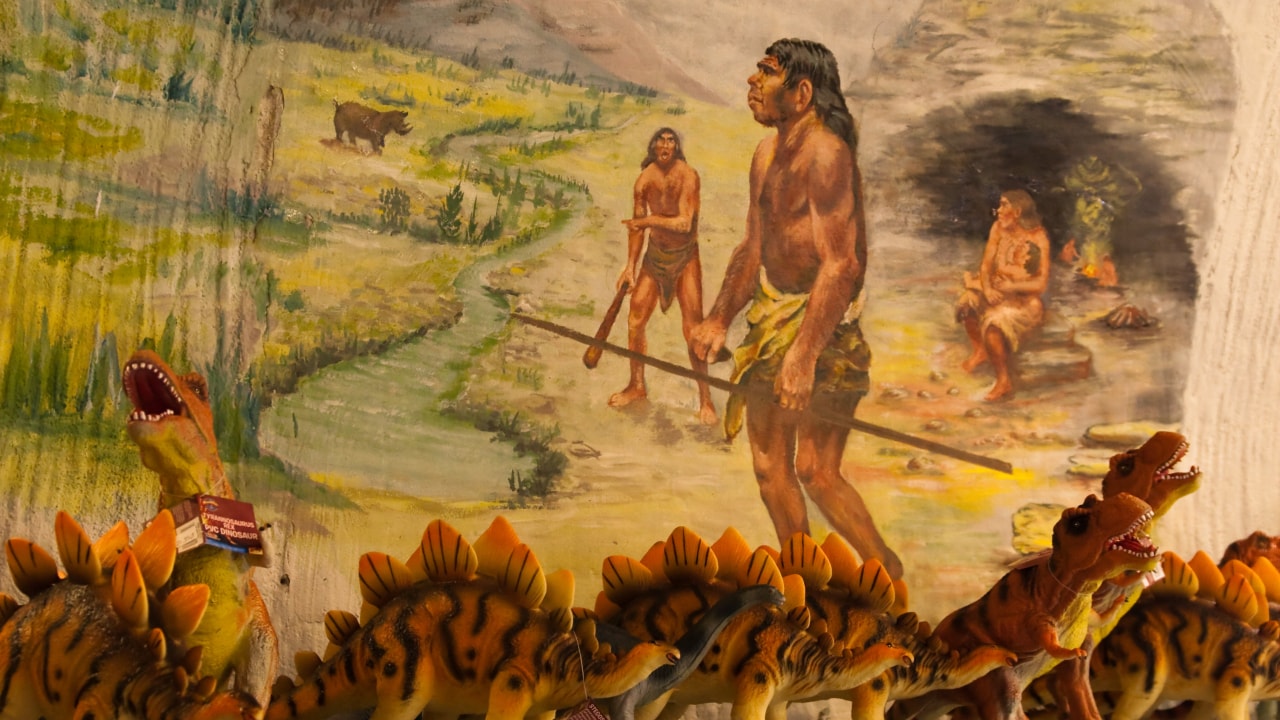FP TrendingDec 04, 2020 18:36:47 IST
A new study has found that flightless birds were more common on the planet before activities by human beings started leading them to extinction. If human influences had not existed, there would have been at least four times as many flightless bird species on Earth today.
A team of researchers from the University College London (UCL) conducted the study and for this compiled an exhaustive list of all bird species known to have gone extinct since the rise of humans. They found as many as 581 bird species to have gone extinct from the Late Pleistocene age to the present and the more grave fact being almost all of these extinctions were likely due to human influences.
Lead author Dr Ferran Sayol of UCL Centre for Biodiversity and Environment Research, who is also associated with University of Gothenburg, Sweden, pointed out how human-driven extinctions have affected our understanding of evolution. He said, human impacts have altered about every ecosystem on the planet and led to the extinction of several species of animals. When we are studying evolutionary patterns, the effect humans have on some other species also needs to be factored in.

Representational image. Flickr
For example, the characteristic of flightlessness in birds made them more prone to be extinct as they were easier to hunt down by human beings and their pets like cats and dogs. Of the 581 bird species that went extinct, 166 did not have the ability to fly. Today there are only 60 species of flightless birds.
Birds usually evolved out of their ability to fly when there was no presence of their usual predators, like in islands. Most of the islands on Earth had flightless birds on them before humans appeared. According to Dr Sayol, “Without those extinctions we would be sharing the planet with flightless owls, woodpeckers and ibises, but all of these have now sadly disappeared.”
The study has been published in the journal Science Advances.
Post a Comment